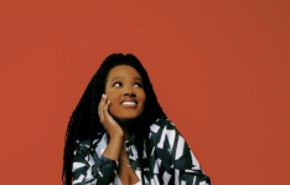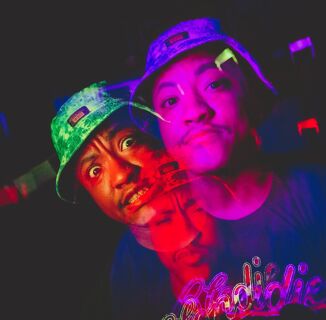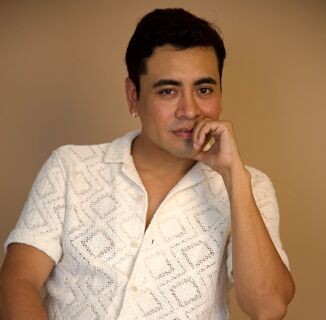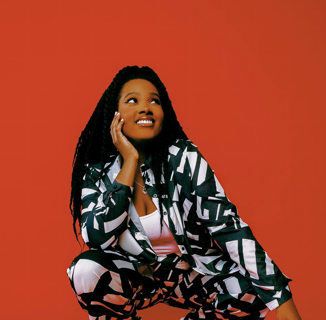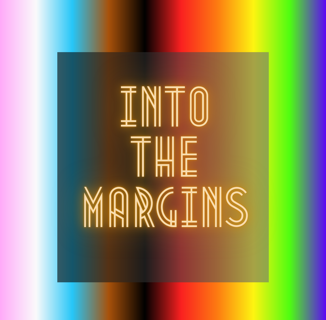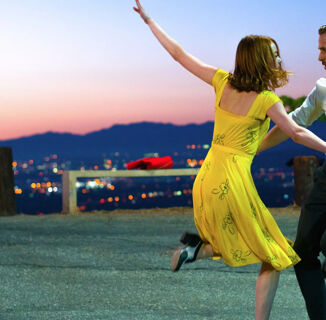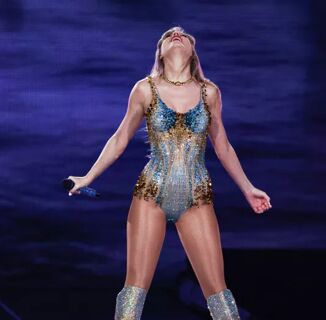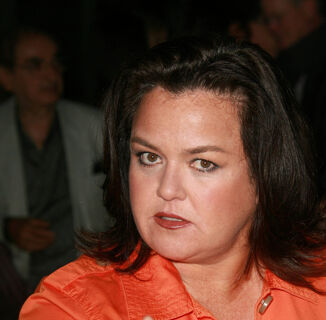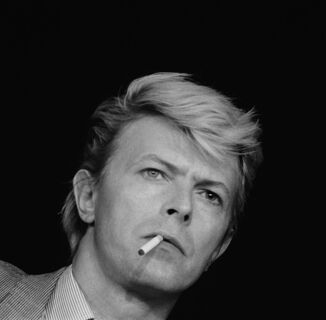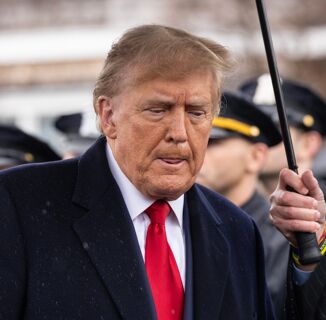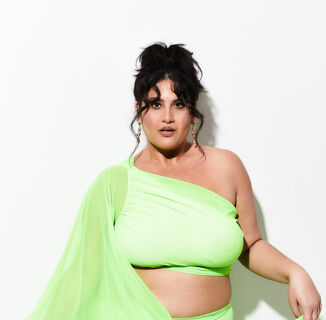Sometimes you hear a song and immediately know that said singer is one day going to be a household name. This can be said about singer-songwriter Julian King (he/him), a Philadelphia-based queer creator who is making waves in the music industry and opening doors for other Black queer talent.
It’s not just the sound of Julian’s voice that solidifies him as the next it person in music – it’s also the way King expresses himself both in and out of his music that makes him a budding star. From music about his struggles with love to trying to find better ways to be vulnerable, this John Legend-mentored artist is reminding us that it’s okay to open up about who we are and what we are going through.
For INTO the Margins, I had a chance to sit down with King to talk about how who he is informs his artistry, what other queer creatives can take from his music, and how it can better inform all of our art.
So first, who is Julian King?
Julian King is a first in a lot of regards because I’m kind of walking uncharted territory, being from the community, as well as doing R&B and pop music, as well as being biracial, I’m Black and Japanese. I feel that I am just this really creative being and it seems as if my creative powers have very few limits. I sing, I dance, I write, I engineer, I vogue, I play piano. I do so much. And those things, they bring me joy. At the core of my creative being. I’m an Aquarius, so I’m a humanitarian by nature. I love animals, I love plants. Most of all, I see myself as energy, as a light that shines through my creativity and through my personality.
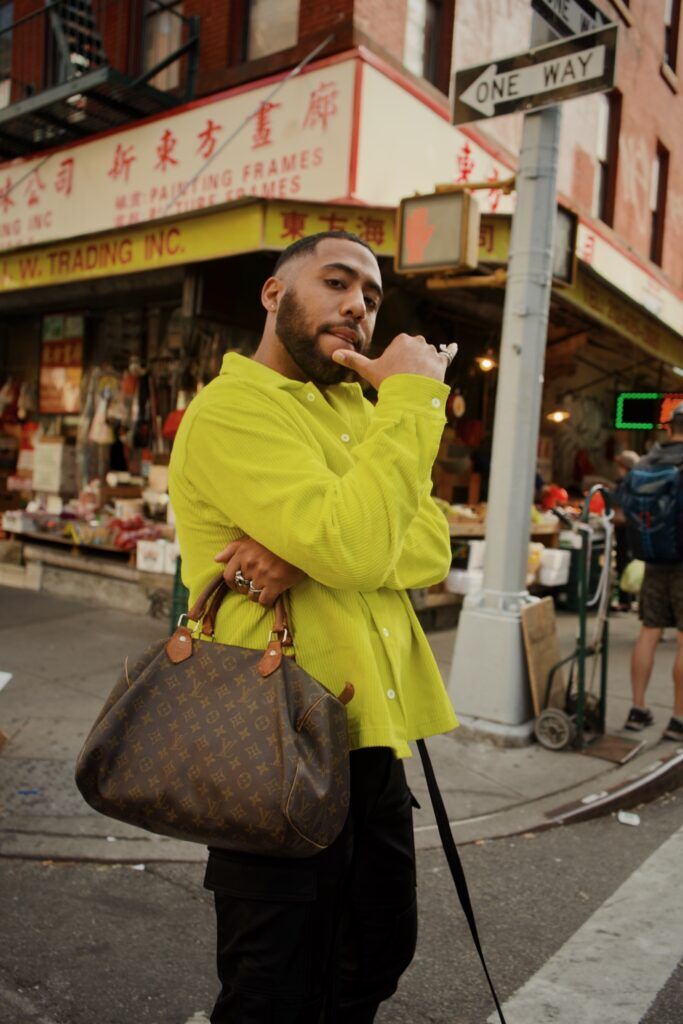
How does your music intersect with your identity and experiences?
So it’s a fine line and honestly, it’s tricky to create music from my personal perspective that’s good enough for people who cannot relate specifically to my lyrics. However, sonically, the music had to be digestible to everyone. But my music is more than a queer thing. It’s a people thing and it’s a love thing. I think a lot of times we focus on the differences so much when in actuality we’re a lot more similar than we give ourselves credit. Sometimes you meet people or hear music that you just don’t get, and that’s okay. But then, you meet people who do get it. I’m grateful that I feel like God has given me a gift that is kind of hard to ignore. Through that, I’ve been using that as my vehicle to just break down those walls and to make it a more inclusive conversation all around, you know?
I think more recently, I have come to own that my masculine and my feminine energy can coexist very beautifully. One doesn’t have to outweigh the other and that, in itself, is a lot for some people.
There shouldn’t be any type of separation in music because of sexuality. I’ve worked really, really hard to not stray away from who I am, but to make sure that my music is digestible to not only our community, but also other communities. That’s my goal, to reach other people to say, “Yeah, we do this too, and we do it well. Y’all just don’t give us enough credit.” It can sometimes get tricky, but you just have to keep hitting them with good music. Good music is good music and people can’t deny that.
What is it like creating music at the margins of society and what or who in the industry keeps you motivated?
I think more recently, I have come to own that my masculine and my feminine energy can coexist very beautifully. One doesn’t have to outweigh the other and that, in itself, is a lot for some people. I really gravitate to one of my biggest inspirations, Prince, actually, just from the way he spoke to the way he dressed to his aura. His energy was very, “Say what you want, b****, but I could take your b**** and your n**** with a trimmed mustache and some tight pants with his ass out with a crop top and some gloves.” It was a play on that androgyny in a really cool, creative way. I’m getting ready to pay homage to him being one of my biggest inspirations. The album is a mash of like R&B and pop, but the R&B is very East Coast with an ode to what Prince did for me.
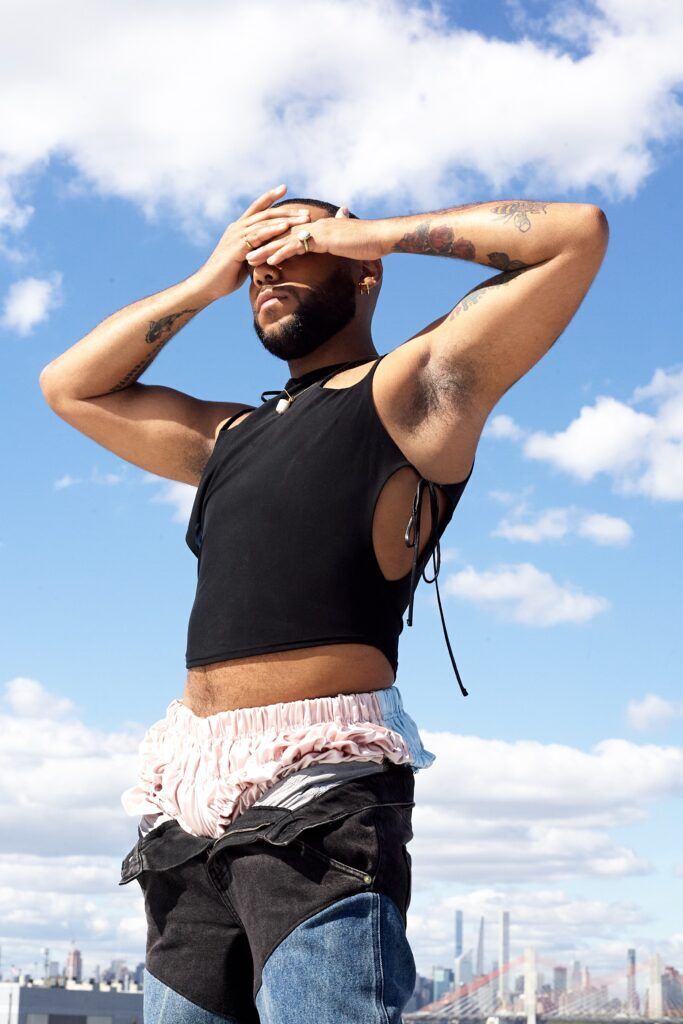
What advice do you have for others who might be trying to make it in the industry that share parts of your identity?
There’s no right or wrong way to do music. Music is subjective. It’s very by the person, however they feel, what they like, it’s very much that. One of the things I actually love about life is [that] we all learn the same lessons, we just kind of learn them differently. For me, it took time to kind of figure out what my “why” was. Once I figured out my “why,” I ran with it. That was the goal. As an artist, as an R&B artist who just so happens to be gay or someone who’s gay that just so happens to do R&B, we focus so much on our differences when we’re a lot more similar than we actually are different. We need to learn to celebrate that, first.
Second, my advice would be to find a community because that community is going to keep you strong when you feel very weak. It’s going to inspire you. It’s going to lift you up. It’s going to empower you.
Next, figure out why. Why is it that you’re doing what you’re doing? Figure out what it is about you that makes you special, makes you different from everyone else. I mean, I just so happen to have a lot of different things that I do on top of being biracial and queer. This helps me carve out my lane. Know that it isn’t going to come to you overnight. It’s going to take time. Be open, be vulnerable, continue to grow, listen, and then stand ten toes down on who you are. That is what has helped me get this far. It will also help you sleep better at night.
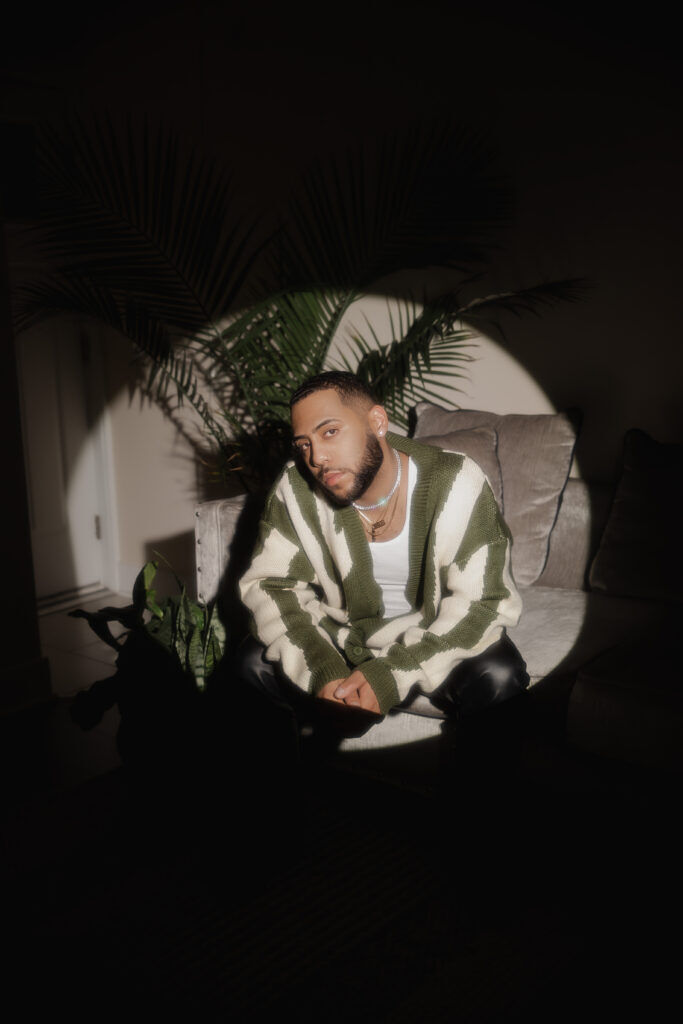
Related:
Cheyenne Ewulu wants to see more Black queer women in nerd spaces
“Well, if we don’t make space for us, nobody will, right?”
Help make sure LGBTQ+ stories are being told...
We can't rely on mainstream media to tell our stories. That's why we don't lock our articles behind a paywall. Will you support our mission with a contribution today?
Cancel anytime · Proudly LGBTQ+ owned and operated
Read More in INTO the Margins
The Latest on INTO
Subscribe to get a twice-weekly dose of queer news, updates, and insights from the INTO team.
in Your Inbox

